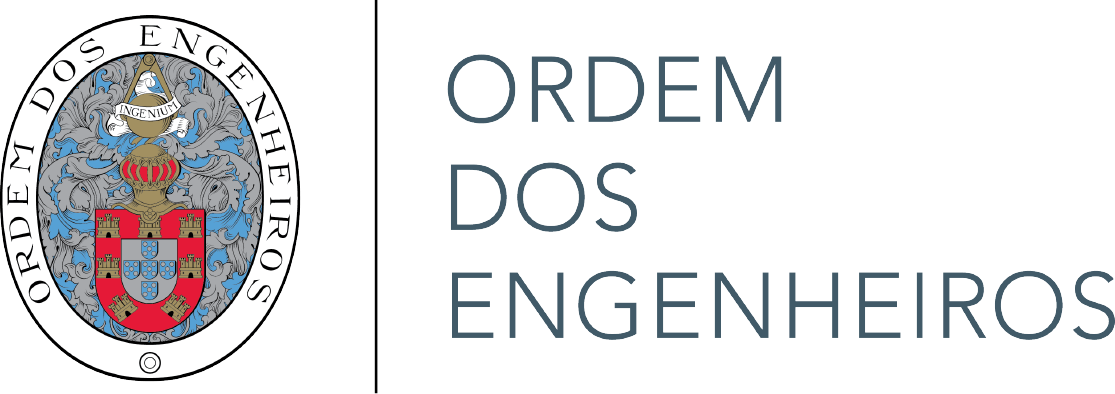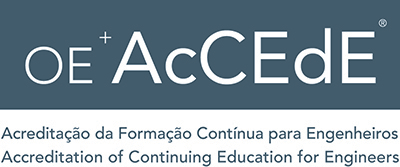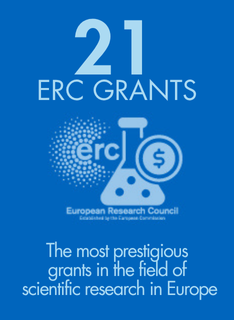The study will start to operate in academic year 2019/2020. The necessary number of passed credits to obtain the Diploma of the course is 16 ECTS.
Rail transport, while playing an important role in the national economy is also currently facing several challenges. Most existing lines are affected by aging and climate factors and therefore require urgent interventions, but on the other hand, the demands on their carrying capacity are increasing. It is therefore extremely important to carefully plan maintenance and rehabilitation measures and to optimize interventions according to their cost-effectiveness.
The study aims to form graduates with theoretical and practical multidisciplinary knowledge in the area of rehabilitation of ballasted railways, enriched by lectures given by recognized personalities in this area, study visits and laboratory tests. It is also noteworthy to mention the use of computational tools in studies related to the simulation of dynamic railway behaviour, passenger safety, and in decision-making process. The rehabilitation will focus on implementation of new materials such as geosynthetics.
After the study completion, graduates should be able to assess the current state of a railway, propose more efficient and effective rehabilitation measures, and evaluate its additive value as a function of the improvement of the railway dynamic performance. The study will provide complementary knowledge to current Pre-Bologna or Post-Bologna Masters, nevertheless, the study is also directed to the students who completed only the 1st cycle of a higher education in engineering science.
Civil Engineering
Geotechnics, Mechanical Engineering, Economy and Management, Engineering Science
The study aims to provide specific training useful to the national economy, which will allow the graduates to access the labour market more easily or to continue on a research and development program. The study is also directed to professionals to improve their current qualifications.
Laboratório Nacional de Engenharia Civil (LNEC)
Infraestururas de Portugal, S.A. (IP)
Departamento de Engenharia Civil (Department of Civil Engineering)
Departamento de Engenharia Mecânica e Industrial (Department of Mechanical and Industrial Engineering)
 |  |
The study is scheduled at post labour hours. It will operate on Fridays from 17h00 to 21h00 and on Saturdays from 9h00 to 18h00, with lunch break from 13h00 to 14h00, thus forming blocks of 4 hours that will be occupied by two classes of different subjects of equal duration of 2 hours.
1750 €
Applicants who belong to the groups listed below can apply for a 10% discount on the study fee.
Groups eligible for this discount:
1st november 2022 to 15th february 2023
Vacancies for 2022/2023:
15
Admission rules:
Applicants should have the 1st cycle of higher study in engineering science, with specialization in civil or mechanical engineering, or in another field considered adequate. Exceptional cases will be treated individually.
Ranking:
Academic formation
Professional experience
Possible interview
Course coordinator:
Zuzana Dimitrovová
The Department of Civil Engineering (DEC) was established in 1996. Today it offers a bachelor’s in civil engineering (3 years), four 2nd cycle Master Programs in Civil Engineering and in Structures and Geotechnics (2 years), Building Rehabilitation (1.5 years) and Facade Technology (1 year), and a PhD program in Civil Engineering (3 years). In parallel DEC has developed specific “lifelong learning” and graduate courses in the field of Sustainable Construction and Rehabilitation, and Rehabilitation of Railway Infrastructures.
DEC develops scientific and technological research activities with national and international partnerships, participating in R&D projects in several areas, such as Structural Concrete and Masonry; Structures Retrofitting; Structures under Extreme Events; Numerical Simulation of Structures; Ecoefficiency of Construction Materials; Energy, Comfort and IAQ Performance of Buildings; Building Pathology and Rehabilitation; Geotechnics; Road Pavements; Spatial and Urban Planning.
There are currently more than 300 students enrolled in Civil Engineering at NOVA and the DEC’s faculty totals 35 teachers, 32 of whom with PhDs.
More infoThe Department of Mechanical and Industrial Engineering (DEMI) is a permanent organic unit of Nova School of Science and Technology, dedicated to teaching, to fundamental and applied scientific research and to the provision of services in the fields of Mechanical and Industrial Engineering.
DEMI counts, currently, with 5 employees and 44 teachers who are committed to offering the best teaching experience and the best knowledge to their students, helping them develop their skills and achieve their personal and professional goals.
DEMI teachers also collaborate, at different levels, with diverse public and private institutions, particularly in the development of research projects in scientific and technological areas of relevance to Industrial and Mechanical Engineering, which aim to respond to the needs of the society.
Join us and let us help you make a difference too.
More info




